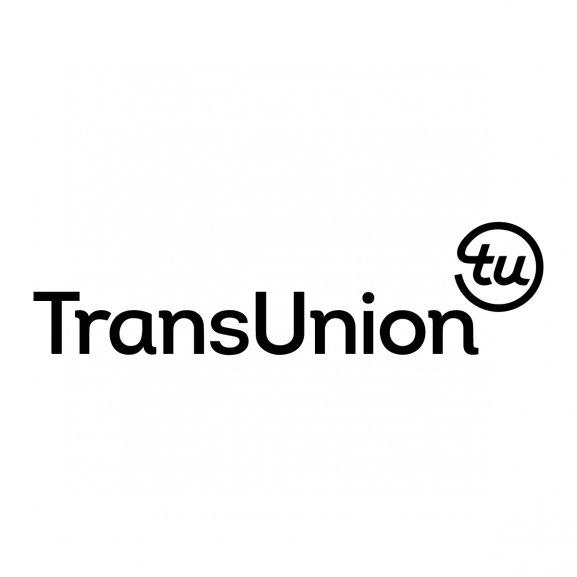December 1st, 2012

.
Nova Scotia Landlords Are Facing Unfair Rules as the Government Caters to Tenants and Activists and Changes the Residential Tenancies Act
What’s Going On?
The government has created new rules for landlords and tenants.
Why Are They Making Changes?
No doubt this has a lot to do with the fact over 30% of the population are renters.
When Did These Changes Become Law?
November 15th, 2012.
When Was the Last Time Changes Were Made?
It was a decade ago.
Why Now?
Again, there are a lot of voter out there, um, I mean, tenants out there. And even the most ridiculous tenant is a potential voter.
So What are the Changes?
The main changes are:
#1 Landlords can charge a maximum $75 sublet fee.
#2 Zero per cent interest rate earned on security deposits
#3 Land-lease community landlords can increase rent annually by an amount dictated by Residential Tenancies.
#4 Rental contracts, except fixed-term leases, are automatically renewed.
#5 Tenants can terminate fixed-term leases early for health reasons.
#6 If rent is 15 days late, landlords can give tenants a 15-day notice to quit. Tenants can pay rent, end the lease or appeal the notice.
Hmmm, I Don’t See Anything To Help Landlords With Bad Tenants
That’s because there isn’t anything to help. The issue has been ignored by the government and most of those in the media. It’s why you better be prepared for the worst if you are a landlord. And if you don’t have the time to be prepared, hire an excellent property management company that offers elite services.
Why?
It’s not ‘cool’ to talk about bad tenants. It’s far easier to frame all renters as ‘victims.’ After all, the elite thinks, who will rent with housing prices so relatively cheap here compared to the rest of Canada. The tenant activist and the government don’t care about landlords getting cheated in Nova Scotia.
I’m Confused About Point #5.
Okay.
This Looks To Be A Recipe For Abuse…And An Easy Way To Get Out of A Fixed Term Lease
Yes.
Getting out of your legal responsibility for ‘health reasons’ creates a very slippery slope and is open to abuse as some tenants will see it as an invitation to break a lease. There are lots of manipulative tenants out there.
What Is the End Result of This?
The end result is the province is looking backward and not forward.
How So?
Instead of encouraging investment, the new laws seem to view landlords as ‘villains’ and tenants as ‘victims.’
Real life is different.
The government is short-sited and mistaken with these new changes to the laws governing landlords and tenants.
If you are a landlord in Nova Scotia you need to do careful tenant screening, including credit checks and be fully aware the government is biased against you and and doesn’t care about the risk you have taken investing in rental properties.
That’s Harsh!
That’s reality. If Nova Scotia doesn’t appreciate the investments of landlords then maybe Nova Scotia landlords should look elsewhere to invest.
Landlords Make Sure you Do Proper Tenant Screening, Including Credit Checks, And Only Rent to Responsible Tenants. If you Get Bad Tenants, The Government Has Made It Clear: You Are On Your Own! To Discuss this and Other Nova Scotia Landlord Issues, Go to the Free Nova Scotia Landlords Forum.







